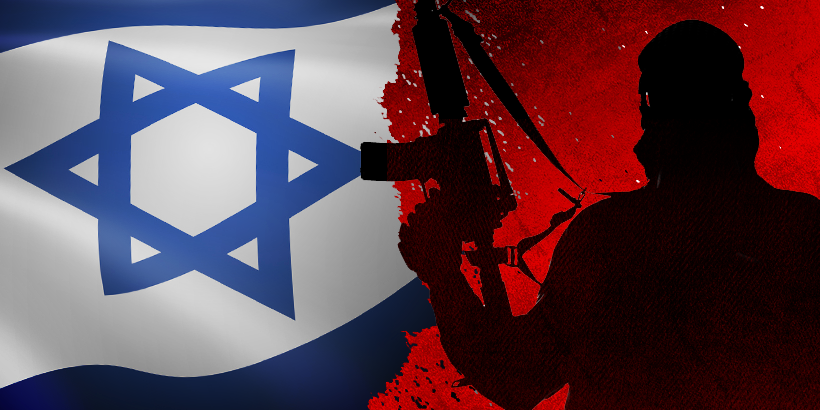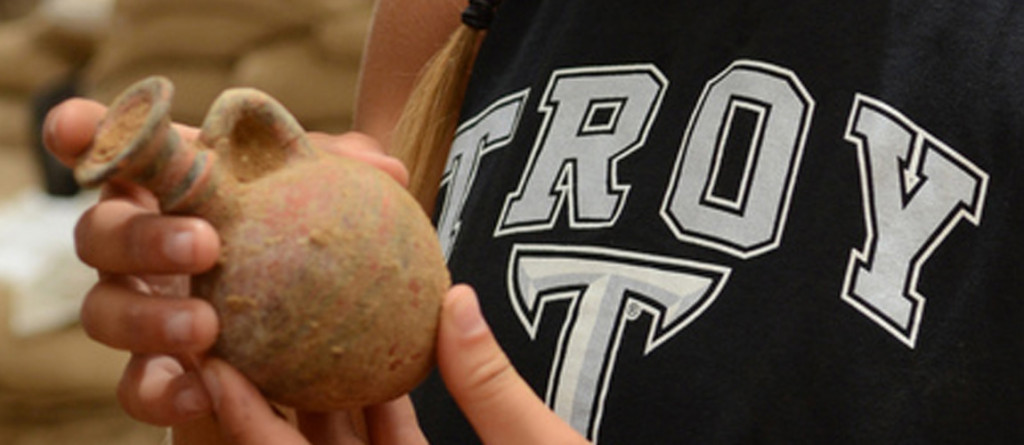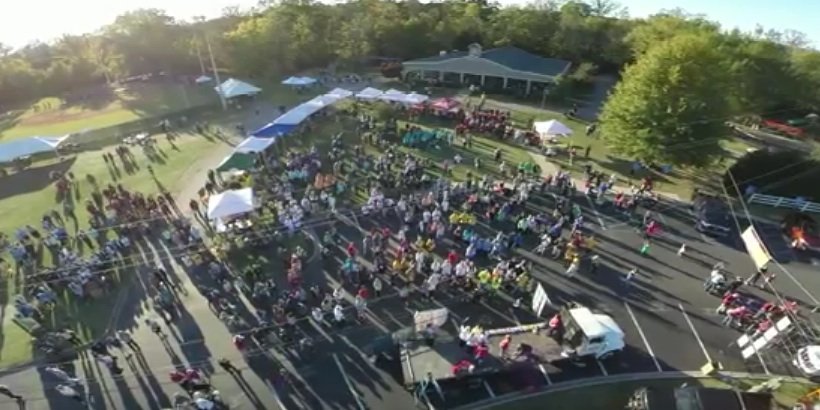
Birmingham native Natalie Solomon now lives in Israel, where a recent rash of lone-wolf terrorist attacks by Palestinians has left Jewish people like Ms. Solomon scared for their lives. The Birmingham Jewish Federation, a non-profit dedicated to enriching Jewish life, supporting Israel, helping all people in need, and building a better Birmingham, asked Solomon to share her personal feelings.
“I really didn’t know it was affecting me,” she wrote. “I knew I was upset, sad, even a little angry. But those emotions were projected outwards, for others and onto others. I didn’t know that I too was terrified.”
The uptick in violence has come at a time when United Nations Secretary-General Ban Ki-moon is attempting to determine whether Israeli and Palestinian leaders are willing to re-enter peace talks. Israeli Prime Minister Benjamin Netanyahu, however, says Palestinian President Mahmoud Abbas is “fanning the flames” of recent violence in the areas where Palestinians and Israelis live side-by-side.
But for those living in the area right now, including Solomon, that doesn’t make the streets feel any safer.
The past few weeks in Israel have been filled with individual, random acts of terror by mainly young Palestinians against Israeli Jews (and one Nigerian). These young people, raised on media images promoting hate and lies and spurred by incitement on social media, have acted individually, at random, with no coordination.
They have used knives, screwdrivers, even a modified metal can opener to try to inflict injury, death and fear on innocent Jewish civilians. They do not discriminate when it comes to their targets — a 13 year old boy riding his bike home from school, an infant in the arms of her mother, a young female soldier — no one is safe.
I have been glued to my phone as I obsessively check the news, waiting to hear of another attack, of more casualties, more orphans and widows, more families and communities forever changed. This is how I have experienced past conflicts in Israel, specifically remembering last summer’s barrage of rockets across the country — as something that happens to others, something that makes me sad, something that makes me question humanity.
But during these past few weeks here in Israel, the terror has found its way into my everyday life. I walk down the street uber alert, surveying each person that passes me. I avoid crowded places, plan my travel around slow hours, and only take taxis. I pass by construction workers laying bricks and wonder, “Will one of them throw one my way?”
Two nights ago, I woke up sweating and screaming from nightmares of being chased down my street by an assailant. This is what it means to live with this type of random, personal terror — it means we are all terrified.
But more than I am terrified of my day to day living — I am terrified for the future of this region. As a generation raised on hate comes of age in the social media era, extremism is sure to spread. I yearn for peace in Jerusalem, in Israel and in our very troubled region.












